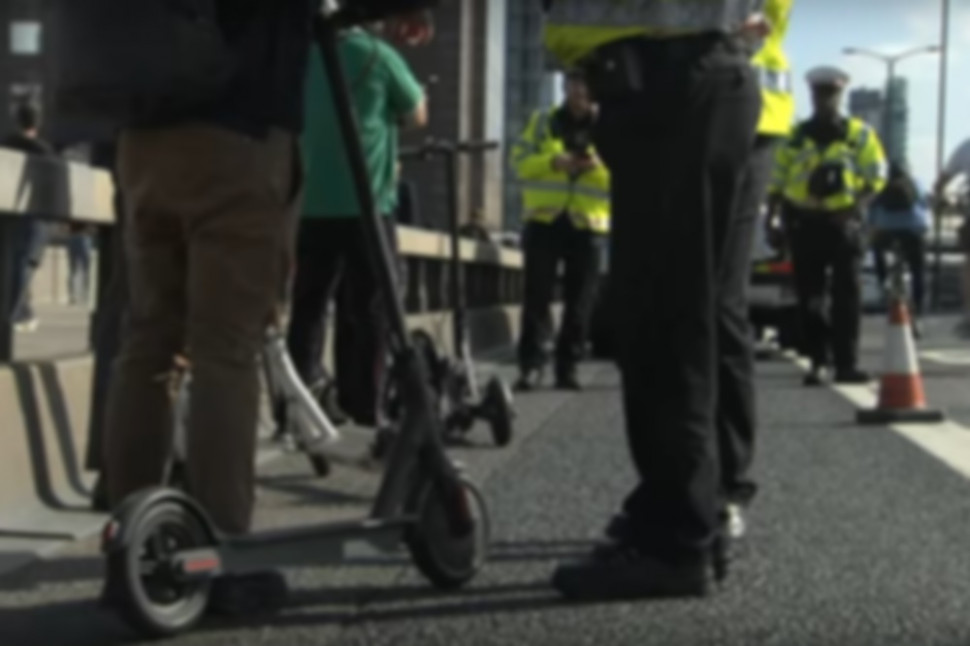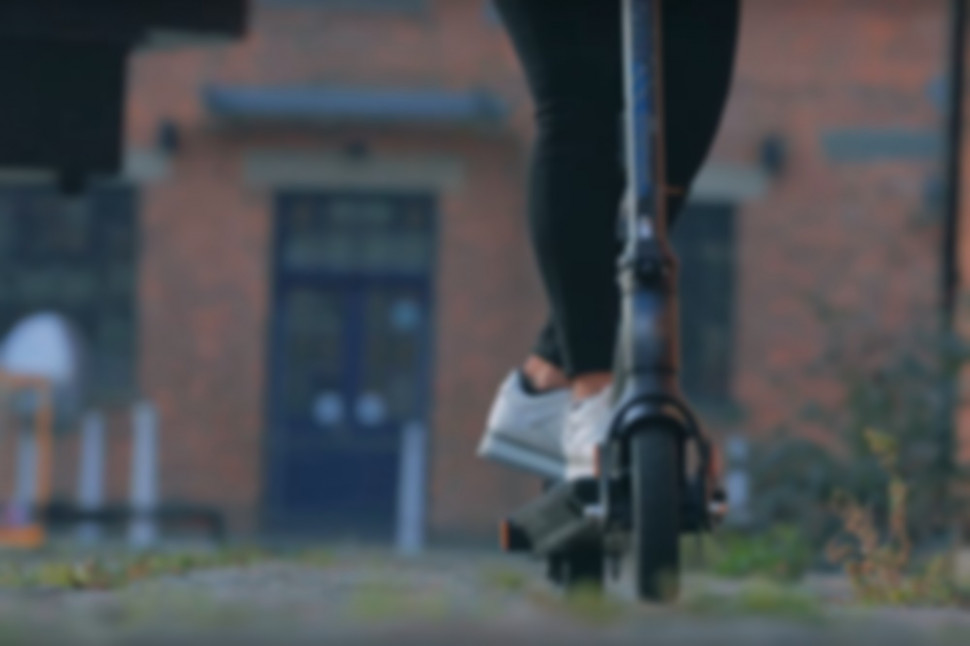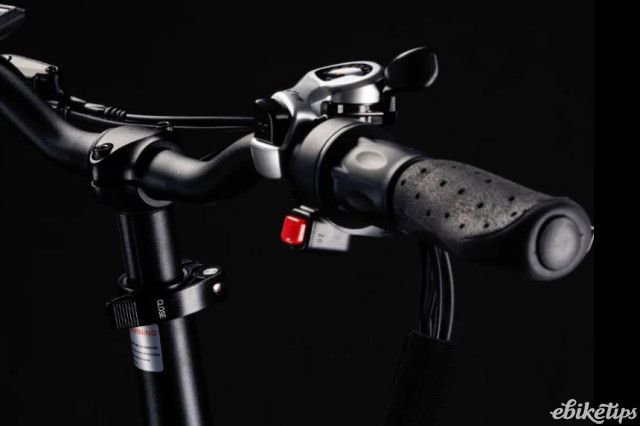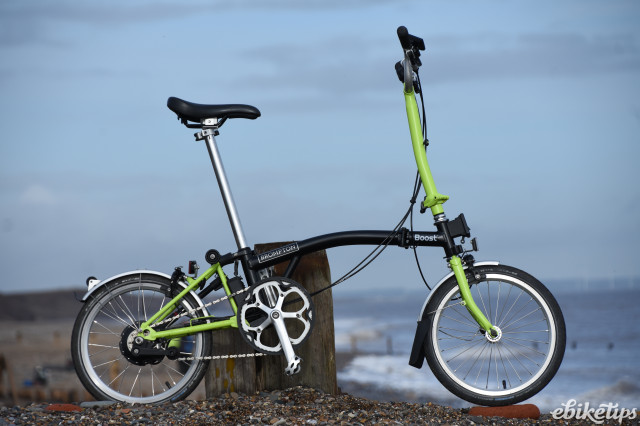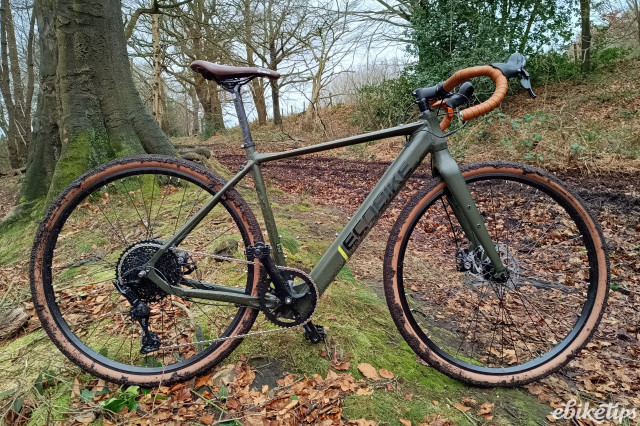The Government has published new guidance on how to buy, store and charge e-bikes. The documents put a predictably heavy emphasis on fire safety with particular focus on DIY conversion kits, modifications and replacement parts. A separate document gives safety advice to e-scooter buyers, prefaced by a reminder that only rental e-scooters that are part of official trials can legally be used on UK roads.
Related e-bike and e-scooter guidance has also been issued for public transport operators and those managing public premises.
Announcing the various new documents today, Technology and Decarbonisation Minister, Anthony Browne, said: “Safety has always been our top priority, which is why our latest guidance aims to improve the awareness of e-bike and e-scooter users in the trial areas where they’re authorised.”
Just to unravel the unnecessary ambiguity in that somewhat garbled sentence, e-bikes that qualify as electrically assisted pedal cycles (EAPCs) are of course legal throughout the country – it is only e-scooters that are restricted to specific trial areas.
Battery safety for e-bike users
The e-bike guidance begins by emphasising that most e-bikes and batteries are in fact “very safe,” but, “as with all products using lithium batteries, there is a risk of fire, particularly for counterfeit, damaged or poorly modified e-cycles and batteries, or when the incorrect charger is used.”
> Are e-bike batteries safe? What’s the difference between a safe battery and a fire risk?
One of the main recommendations is therefore to buy a complete e-bike, “with battery pack and charger included, from a reputable retailer.”
The document advises: “Be especially careful when purchasing second-hand, refurbished or converted bikes. It can be hard to establish reliably whether such products are counterfeit or genuine, and whether they meet proper UK (or EU) standards.”
Replacement batteries and chargers are also flagged as an area of concern – particularly when bought second-hand.
“Genuine battery packs and chargers may cost more, but using third-party items that may not be safe or compatible could put your life at risk or destroy your home.”
> Old worn-out e-bike batteries: repair, recycle, refurbish or replace?
E-bike conversion kits
Conversion kits, where a battery and motor are added to a previously unassisted bike, are increasingly popular, but they do introduce additional variables when it comes to safety.
The guidance therefore attempts to steer people away from this option, saying: “Although the concept may seem attractively affordable, the fact that the kit is retro-fitted, often by the end user, to a cycle not designed and tested for this application, means that buying a complete e-cycle is generally a safer option.”
Many e-bike conversion kits are however perfectly legal and entirely safe – provided they are well-fitted.
The advice for those going down this route is to:
- ensure that the cycle you intend to fit it to is in good condition, able to take the additional weight and that the brakes have more than adequate stopping power
- purchase from a reputable seller and a recognised brand
- check that the kit complies with the UK e-cycle regulations and with British or European standards, by checking that it comes with a Declaration of Incorporation as ‘Partly Completed Machinery’
- be aware that if buying components such as battery packs and chargers separately, it’s impossible to be sure they are compatible and safe when used together. Incompatible battery packs and chargers can cause an extremely high fire risk
A separate section covers “modifications, de-restriction and dongles” – all of which are flagged as significant hazards.
Aside from turning the e-bike into an unregistered motorbike if it comes to exceed EAPC power or speed limits, modifications of this type generally increase the electrical load on the battery and drive system, which may well cause overheating, increasing the risk of fire.
E-scooter safety
Advice for e-scooter owners largely echoes the broader points made in the e-bike guidance with the conspicuous exception of the ‘buying an e-scooter’ section where the DfT finds itself in the bizarre position of having to make recommendations for the purchase of vehicles for which a specific legal framework is yet to be established.
The government first announced plans to create a low-speed, zero emission vehicle category in the 2022 Queen’s Speech, but this has been repeatedly pushed back. Last month road safety charity IAM RoadSmart called on the government to “urgently” bring forward legislation on private e-scooters so as to establish minimum device standards, among other things.
The buying section of the new guidance is consequently brief. It reads: “The safest choice is to buy an e-scooter from a reputable retailer.
“Register your product with the manufacturer. This makes it easier to contact you in the event of a recall or safety alert.
“Be especially careful when buying second-hand, refurbished or converted e-scooters. It can be hard to establish reliably whether such products are counterfeit or genuine, and whether they meet proper UK (or EU) standards. Look for the CE or UKCA kitemark.”
More advice
The latest guidance arrives against a backdrop of growing concern about fires caused by light electrical vehicle batteries and not long after the Office for Product Safety and Standards (OPSS) issued an ‘important safety message’ in response.
The OPSS has also recently taken more tangible action, issuing withdrawal notices to four online marketplaces requiring them to stop selling one particular e-bike battery it has identified as being dangerous.
Responding to that move, campaigning charity Electrical Safety First (ESF) said that far more needed to be done to prevent dangerous e-bike and e-scooter batteries entering homes in the first place.
ESF has called on the Government to introduce third party approval for all e-bikes, e-scooters and their batteries.
If introduced, this would mean e-bikes, e-scooters and their batteries would need to be approved by an independent approved body before being sold to consumers. At present, manufacturers can self-declare their batteries are safe.
The charity is also calling for a ban on ‘universal’ e-bike chargers and the introduction of specific safety standards for e-bike conversion kits.

